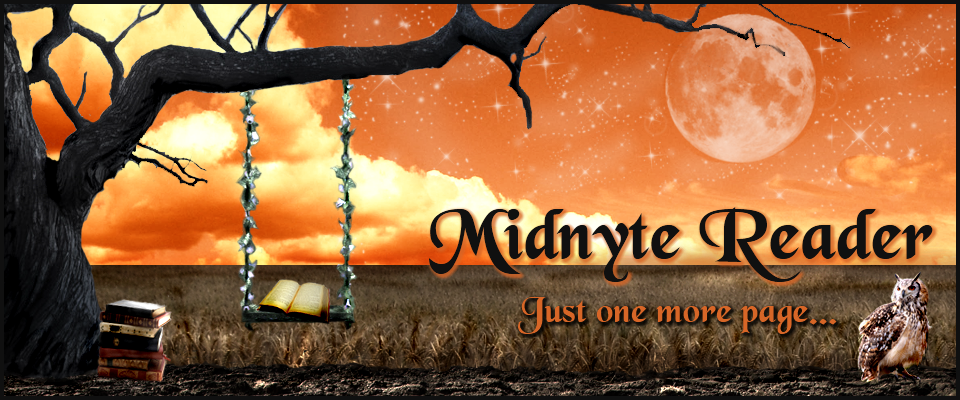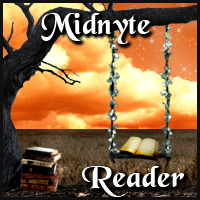Sometimes I think it’s kind of funny that “Horror” gets its own section at the bookstore. I mean, you don’t see a “Sadness” section in the bookstore or an “Unbridled Joy” section. Horror is more of a mood or an effect than anything, and it can be found in such a broad range of genres (serial killer horror, supernatural horror, alien horror or existential horror in some kinds of science fiction—I could go on and on) that trying to wrangle all that stuff and corral it in one place seems like a strange exercise. I mean, I’m glad it does get corralled, to some extent, because sometimes that’s just the thing I’m looking for. I just think it’s odd, and maybe a little futile, given how that mood creeps out to other genres.
Take urban fantasy, for example, since that’s the field I’m
currently tilling. Urban fantasy might be considered one of the more bizarre,
wayward offshoots of the horror-as-a-genre family tree. It’s not hard to see
where some of the genre’s horror DNA comes from. Long before vampires and
werewolves came to be regarded as odd classes of deviant superhero (I can fly!
Hypnotize people! I’m super strong and ultra-hawt! Of course, sunlight is kryptonite and I have an odd dietary
requirement that we shouldn’t look at too closely, but every superhero has a
weakness or two—see what I mean?), they were monsters pulled straight from
horror, personifications of humanity’s sexual neuroses, fear of our more unruly
passions, and, hell, the straight-up visceral fear of getting fucking eaten.
(Here at the top of the food chain, we don’t think too much
about getting fucking eaten anymore,
but devote a few moments thought to it, and I bet you’ll be hard pressed not to
shudder.)
The amazing thing about urban fantasy is that it has taken
its branch of the horror tree and fanned it out into an impressively wide array
of moods using, in many cases, the same raw material. At one extreme, you have what
amounts to heroic fantasy wearing a horror scarf and gloves as a bare nod to
its forebears—adventure stories that happen to share some of the same monsters.
Even in the cases where the monsters of old have not become superhero
protagonists, they are less objects of dread than straight-up foes to be
vanquished on the battlefield. The Dresden
Files books are a pretty good example of this.
At the other extreme, you have what amounts to straight-up
horror wearing a fantasy hat and sunglasses as a nod to the other part of its
parentage. My favorite example of the kind is the John Constantine: Hellblazer
comic. It’s fairly bleak and frequently gruesome, populated with damaged
characters put in horrible, impossible circumstances. It achieves its effect
using a setting steeped in magic and sorcery, but it’s hard to mistake its aim
as anything but horror. Another great example is Harry Connolly’s Twenty Palaces series, where the
monsters are Lovecraftian horrors from beyond, and they are explicitly treated
as such.
There’s a lot of middle ground between the two extremes, but
rather than a tidy spectrum, it’s more of a big ambiguous swamp. Occupying some
acreage in the middle is T.V.’s Supernatural.
On the one hand, it uses a lot of urban fantasy tropes—magic, demons,
angels—but it treats its monsters as genuinely scary. Maybe more to the point,
while each overall plot arc is heroic in tone, the show doesn’t shy away from
showing that exposure to constant awfulness leaves the characters
psychologically damaged to the point where they are often barely able to
function. If that’s not horrifying, I don’t know what is.
As for me, I tend to wallow in the end of the swamp closer
to Castle Dracula, in both my reading and writing habits. As much as I enjoy a
good adventure story, I find the pull of those darker elements impossible to
resist.

Jamie Schultz has worked as a rocket test engineer, an environmental consultant, a technical writer, and a construction worker, among other things. He lives in Dallas, Texas. His first novel, Premonitions, received a starred review from Library Journal, who called it “a sterling urban fantasy debut with a great cast of characters.





























0 comments:
Post a Comment